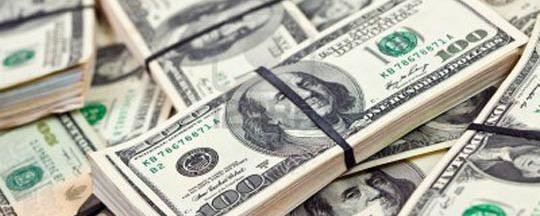South Sudan’s central bank sold 20 million US dollars to 13 commercial banks at a rate of 16.76 South Sudanese Pounds to the dollar on Monday, forcing a drop in the currency’s street rate, dealers and bank officials said.
22 of 28 commercial banks in South Sudan participated in the uniform-price auction, according to sources involved. Bank officials and money market dealers said the auction excluded two leading foreign commercial banks in South Sudan.
Banks offering less than 16.76 SSP to the dollar were disqualified, financial sources said. The lowest offer was 12.5 and the highest was 24.5
The 13 banks which successfully bought dollars are expected sell at a 2% increase from the auction rate. Sources said the central bank has forbidden commercial banks from reselling at a higher price than that.
The governor of the central bank of South Sudan said on Tuesday the institution would keep providing liquidity to contain the fall of the SSP. The South Sudanese pound has slumped to a series of record lows in recent months, hit by fears that the bank’s dwindling or exhausted reserve rate will drive investors to dump riskier assets.
“Yes… it is important to continue giving liquidity to the market and putting a brake on the currency’s depreciation,” governor Kornelio Koriom Mayiik said.
Koriom said in the auction every successful bidder receives the final rate at which the bank accepts to close the exercise.
It is not clear how long the bank would continue to provide allocations for auction. Officials at auction supervisory committee, which includes the central bank and the finance ministry, have said the activity will be determined by the reactions of the market and will be done on an as-needed basis.
Troika supports devaluation
Meanwhile, the Troika of the United States, Britain, and Norway welcomed the government’s decision last week to float the South Sudanese Pound against the dollar.
“The previous gap between the official and unofficial exchange rates for the South Sudanese pound (SSP) deepened the economic difficulties faced by so many South Sudanese, and was ultimately unsustainable,” the group said in a statement. “Allowing the pound to float should increase the availability of foreign currency for businesses and stabilize prices of many goods in the longer term.”
The Troika acknowledged there may be immediate challenges but said in the long run the move will benefit South Sudan. The three western nations added that still more needs to be done to achieve economic stability including stronger management of public resources, better investments, and greater transparancy and accountability.




